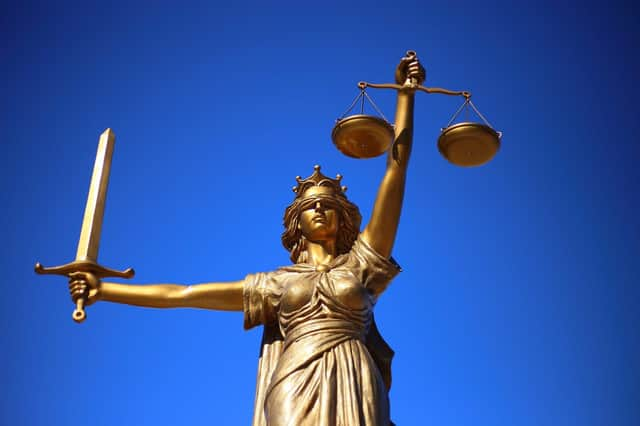LEGAL EAGLE: Do I have to pay for Legal Aid?


Legal Aid is available for criminal proceedings in the Crown Court, but this is subject to a “means test”. When you apply for Legal Aid, you will have to declare your income to the Legal Aid Agency (LAA). If you earn over a particular amount you may have to make a contribution towards your legal costs.
The LAA will calculate your disposable income by adding up your total household income (including any partner’s income) and then subtracting a set figure to reflect the cost of living, your rent or mortgage payments and your council tax payment. If you have any dependent children or a partner you will also be given an allowance for this.
Advertisement
Hide AdAdvertisement
Hide AdOnce the above calculation is complete the LAA has your disposable income. If this is more than a set limit you will have to make a contribution towards your Legal Aid. This is usually 90% of your disposable income, unless you have failed to co-operate with the LAA in which case it can be 100% or £900. The minimum contribution is £254.85 per month and is usually paid monthly, five times.
This money does not go to your legal team each month, nor does it relate to your legal costs which are calculated once your case has concluded. Your legal team has no influence on whether you have to pay a contribution and if so, how much. They can advise you about making applications for other expenditures such as debts and loans to be deducted from your contribution amount if relevant.
If at the end of the case you are acquitted, you are entitled to a refund of your contribution payments with interest. If you are convicted, the total costs of your case are calculated and you are entitled to any additional money you have paid to be refunded. If you do not pay your contribution the LAA may take enforcement action and whether convicted or acquitted, you are liable to meeting the cost of this.
You should also be aware that if you have capital assets such as a property or savings in excess of £30,000 and you are convicted, you are liable to make a capital contribution at the end of your case.
In any Magistrates Court case there is no contribution system.